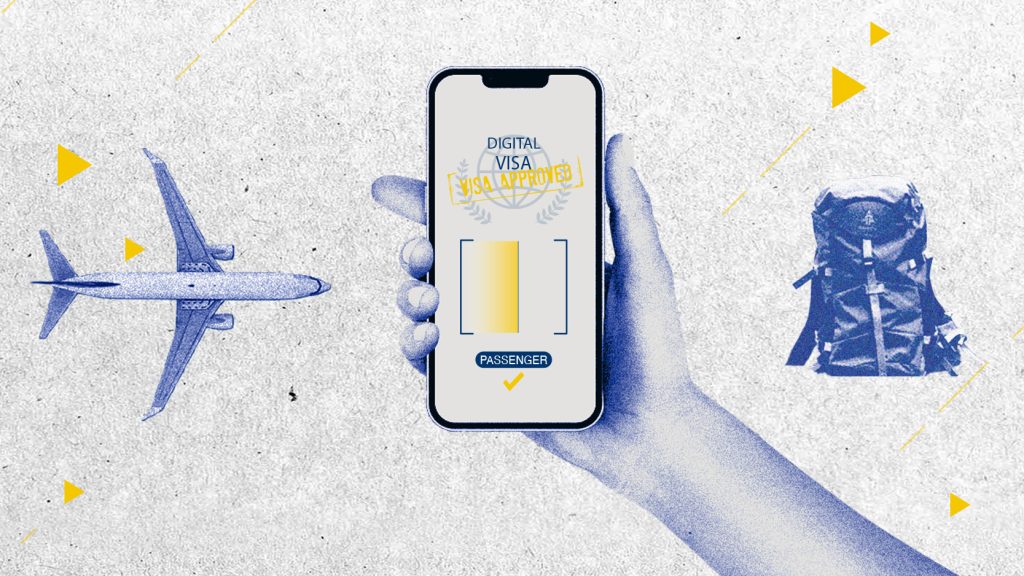Council negotiators and the European Parliament have provisionally agreed on rules to digitalise the visa procedure. The regulation introduces the possibility to apply for a visa online and replaces the current visa sticker with a digital visa. The goal of the proposal is twofold: to make the visa application procedure more efficient and to improve the security of the Schengen area.
The agreement still needs to be approved by member states before the adoption process in the Council and the European Parliament can start.
The rules – when finally adopted – will create an EU visa application platform. With a few exceptions, applications for Schengen visas will be made through this platform, a single website, which will forward them to the relevant national visa systems. On this platform, visa applicants will be able to introduce all relevant data, upload electronic copies of their travel- and supporting documents, and pay their visa fees. They will also be notified of the decisions concerning their visa. In-person appearance at the consulate will in principle only be necessary for first-time applicants, persons whose biometric data are no longer valid and those with a new travel document.

EU foreign ministers agree to suspend visa facilitation agreement |
When a person intends to visit several Schengen countries, the platform will automatically determine which one of them is responsible for examining the application on the basis of the duration of stay. However, the applicant will also have the possibility to indicate whether the application needs to be processed by a specific member state according to the purpose of travel.
Under the proposed new rules, visas will be issued in digital format, as a 2D barcode, cryptographically signed. This will reduce security risks related to counterfeit and stolen visa stickers.
Background
Recent migration and security challenges have significantly transformed the context of the EU’s visa policy. In addition, the COVID-19 pandemic considerably slowed down visa operations and created the need for more digital procedures.
At the same time, technological developments provide new security features and opportunities to make procedures smoother and more effective, both for visa applicants and national authorities.
In this context, the Commission submitted on 27 April 2022 a legislative proposal aimed at digitalising the visa procedure.
More information: EU Council







Leave a Reply